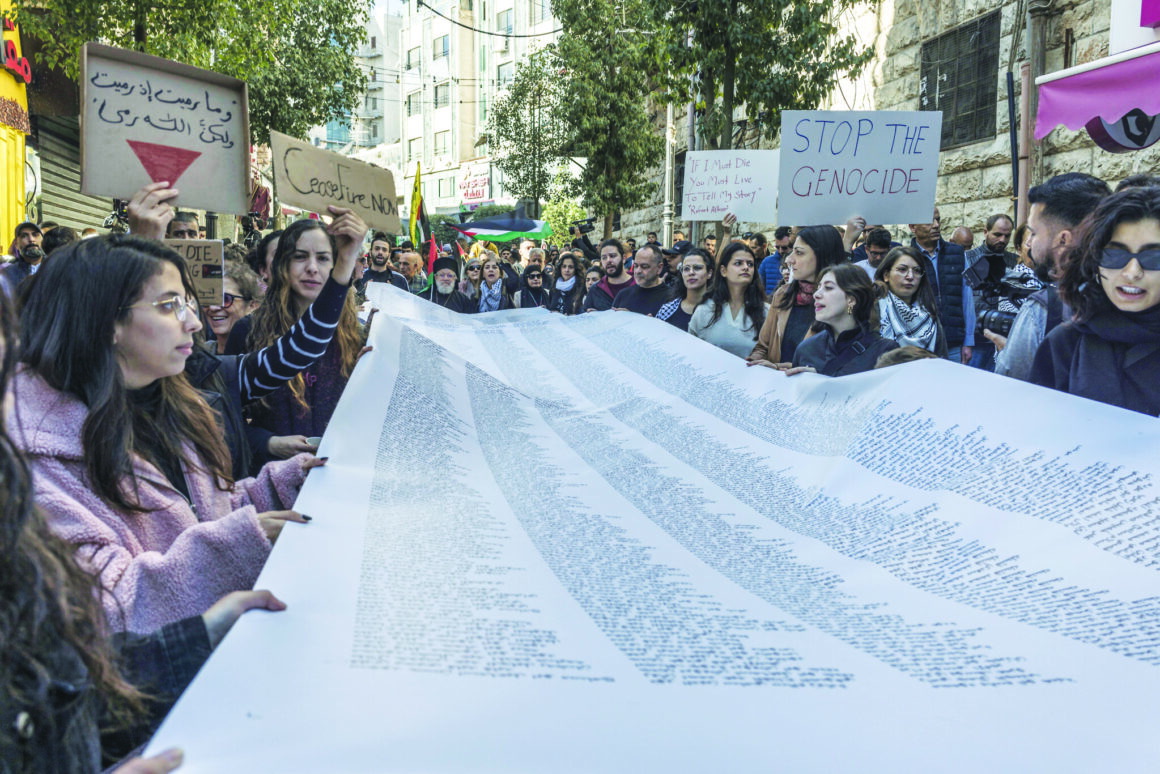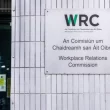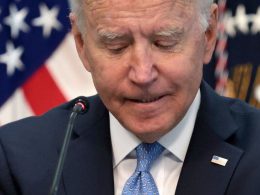On Monday, 8 January, Israeli forces shot dead three unarmed young Palestinians in the town of Talkurem in the Occupied West Bank. Preventing paramedics from reaching them to provide treatment, they callously allowed them to bleed to death. Subsequently, an Israeli military vehicle was captured on camera running over the body of one of the young men.
Needless to say, this barbaric act is not an isolated incident; indeed it is the norm for Palestinians in this occupied land.
2023 – murderous occupation worsens
While the genocidal war on Gaza continues, there has been a marked increase in the oppression meted out by the Israeli regime to Palestinians in the Occupied West Bank and East Jerusalem. Last year was the deadliest year for Palestinians in the West Bank, who have been under Israeli military rule since June 1967. Over 500 were killed – the highest figure since 2005.
This death toll was already mounting before Hamas’s horrific attack on 7 October, with 234 Palestinians killed by Israeli forces and colonial settlers. In the refugee camp of Jenin alone 52 were killed. The violent and murderous repression escalated dramatically in the last three months of the year.
With the coming to power of the hard-right Netanyahu government at the beginning of 2023, the West Bank’s Israeli settler population became increasingly emboldened. This was horrifically evident in a pogrom in the Palestinian village of Huwara. Their violent rampages have ramped up since 7 October, with the number of attacks increasing from an average of three to six per day. These settlers effectively form part of the Israeli state terror apparatus. They are armed and brutal, and carry out their crimes with virtual impunity.
Detention without trial
Thousands of Palestinians have been arrested and detained without trial, including many children. During their time in custody, they are subjected to beatings, strippings, and various other torturous and humiliating practices. At the beginning of November, when the Israeli regime engaged in a prisoner exchange with Hamas, more Palestinians were arrested in the West Bank than were released.
The raids of the Israeli occupying forces not only involve mass arrests and violence – they have also attacked the infrastructure of Palestinian towns and villages. Caterpillar-built armoured D9 bulldozers have destroyed roads, water pipes, hospitals, schools, and homes.
The West Bank is now effectively an open-air prison, where an apartheid military regime rules over Palestinians. There are 645 military checkpoints dotted around the territory, making freedom of movement impossible. Surveillance is all-pervasive. Many are having their phones searched and can be arrested for having any content on them that expresses opposition to the massacre of Gaza. Such practices are becoming common within the Green Line, the Israeli State’s pre-1967 border, where repression has also been stepped up against Palestinians.
Revolutionary struggle from below
On 3 January, a general strike took place in the West Bank. All businesses and services, including shops, banks, commercial facilities, public institutions, and transport, were shut down. The revolutionary mobilisation of the mass of Palestinian workers, poor and young people in the West Bank, in strikes and mass demonstrations, can play an important role in the struggle against the Israeli capitalist regime. If mobilised consistently in protest the Palestinian masses in the West Bank constitute a real threat to this regime.
Alongside such a protest movement, the democratic organisation of committees of resistance in workplaces, colleges, villages and towns – in the tradition of the First Intifada – can unify a struggle from below. In the face of the brutality of the Israeli State and colonial settlers, Palestinians have an absolute right to armed self-defence and resistance.
Such a struggle can reach out to the working class and poor throughout the Middle East and North Africa for joint solidarity and resistance against imperialism, the Israeli State and all the rotten and oppressive regimes that dominate this region. Their overthrow, along with the rotten capitalist system that they represent, is crucial to bringing about a just and democratic solution in which Palestinian freedom can be won, and where the right to national self-determination for both Palestinians and Israelis can be upheld. The necessity of revolutionary socialist change in this region has never been more pressing.












